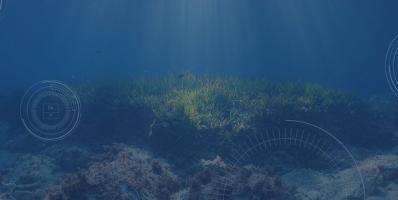CREAF’s Annual Report 2021 is available
CREAF has published its annual report for 2021, which, as every year, summarises all its scientific activity. On this occasion, our centre consolidates its growth and impact in multiple aspects.
In terms of human resources, the center has increased its staff to 224 people, 145 of whom are researchers. Of this team, 4 researchers are once again among the most cited in the ranking prepared by Clarivate Analytics.
CREAF showcases its international leadership in standards development and environmental data quality improvement
CREAF recently took part in the latest Open Geospatial Consortium (OGC) Member Meeting.Held in Madrid in June, the international conference involved speakers from all over the world, each of them looking to promote and share experiences related to the use of standards that facilitate the exchange of information and data between different countries, organizations and platforms.
CREAF’s internal ‘vermut’ symposiums kick off with forestry
What makes some animals more intelligent than others?
Ever since Darwin, scientists have suspected that the intelligence of an animal has something to do with the size of its brain. The encephalisation theory, for example, argues that the "extra" brain tissue of a larger brain allows more neurons to be devoted to cognitive tasks. However, until now there was no scientific evidence to support this theory, partly owing to the difficulties of quantifying neuron numbers for a large number of species.
What is IPBES?
Biodiversity loss is undeniable, but at what rate? Why? How does it affect us? And what can we do? The Intergovernmental Platform on Biodiversity and Ecosystem Services (IPBES) has been answering these questions since its creation in 2012.



